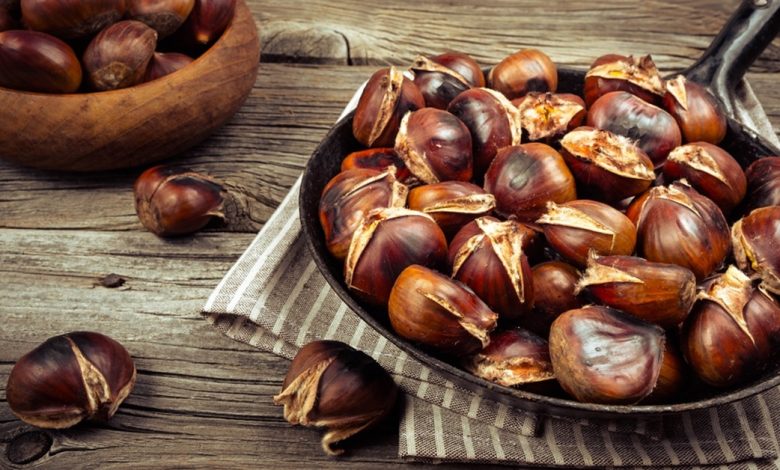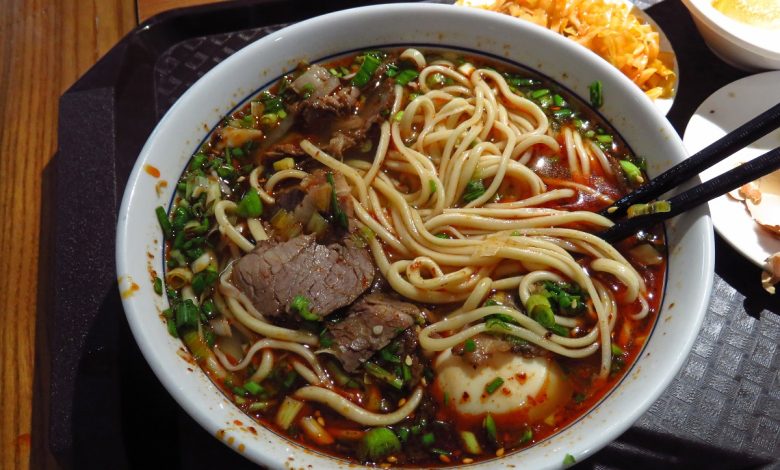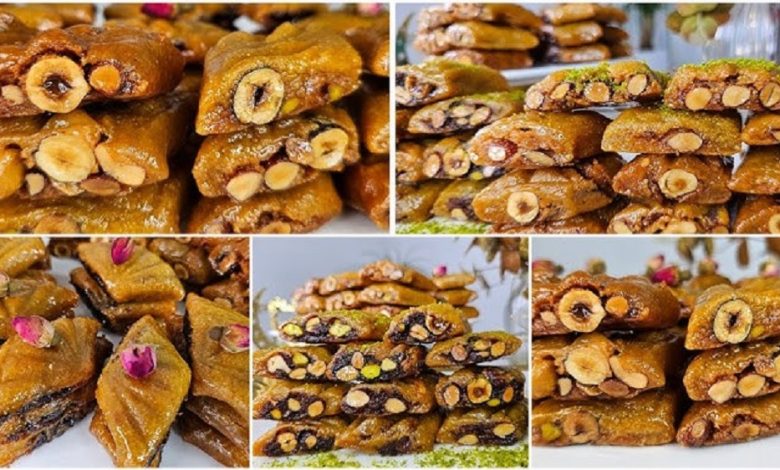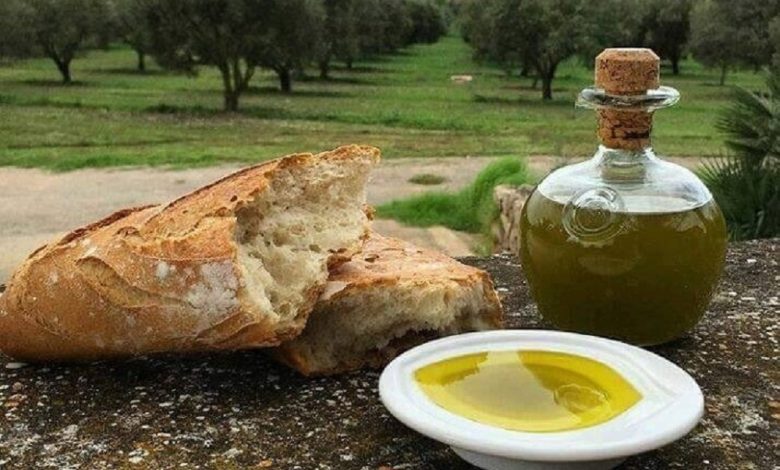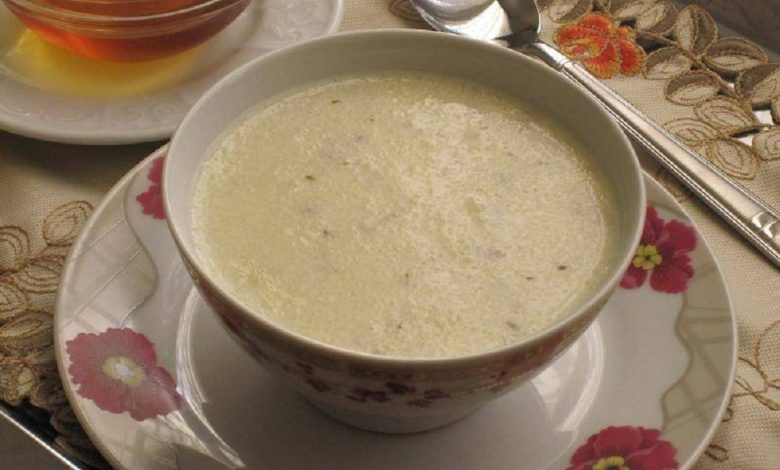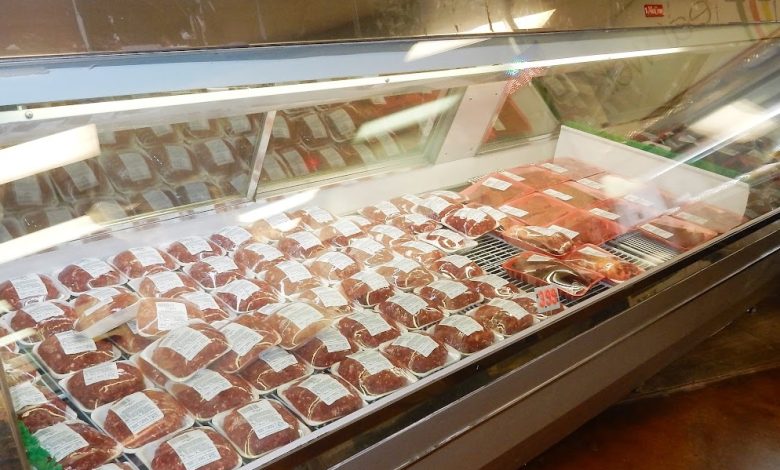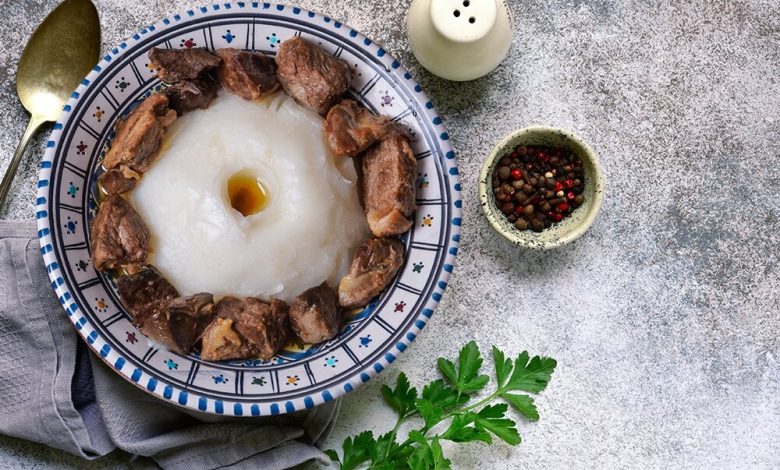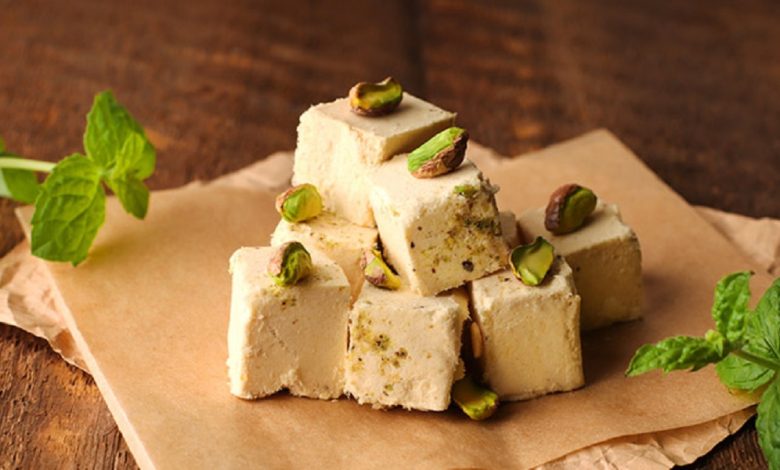Newark, New Jersey — the state’s largest city and a major cultural hub in the northeastern United States — is…
Read More »Foods
Qastall (القستل) is a traditional winter food known across parts of the Arab and Muslim world as a warming, nourishing…
Read More »During the cold winter months, halal soups play an essential role in Muslim households and halal restaurants across the United…
Read More »Maqroudh Ettounsi (المقروض التونسي) is one of Tunisia’s most iconic traditional pastries, deeply rooted in the country’s culinary and cultural…
Read More »Tunisian olive oil has long been recognized for its premium quality, rich flavor, and health benefits. Among Muslim communities in…
Read More »The Prophetic Talbina, also known simply as Talbinia, is a traditional sweet dessert originating from the Hejaz region of Saudi…
Read More »The U.S. food landscape is rapidly evolving, driven by growing consumer awareness of health, ethics, and sustainability. Two major trends…
Read More »Halal food, meaning “permissible” under Islamic law, is rapidly merging with the clean eating movement in the US. With principles…
Read More »Tunisian Bazin is a traditional North African dish, deeply rooted in Tunisia’s culinary heritage. This unique dish is a type…
Read More »Labaniyah, also known as the Hejazi Labaniyah, is a soft, rich, and indulgent sweet popular in the holy cities of…
Read More »
